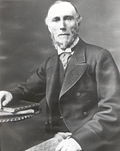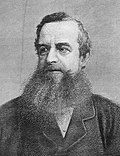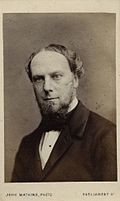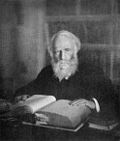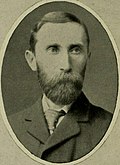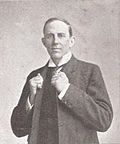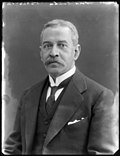This is a list of parliamentary under-secretaries of state and permanent under-secretaries of state at the India Office during the period of British rule between 1858 and 1937 for India (and Burma by extension), and for India and Burma from 1937 to 1948.
Contents
- List of parliamentary under-secretaries of state
- India (1858–1937)
- India and Burma (1937–1948)
- List of permanent under-secretaries of state
- India (1858–1937) 2
- India and Burma (1937–1948) 2
- See also
The parliamentary under-secretary of state was a ministerial position and the permanent under-secretary of state was a civil service position.

